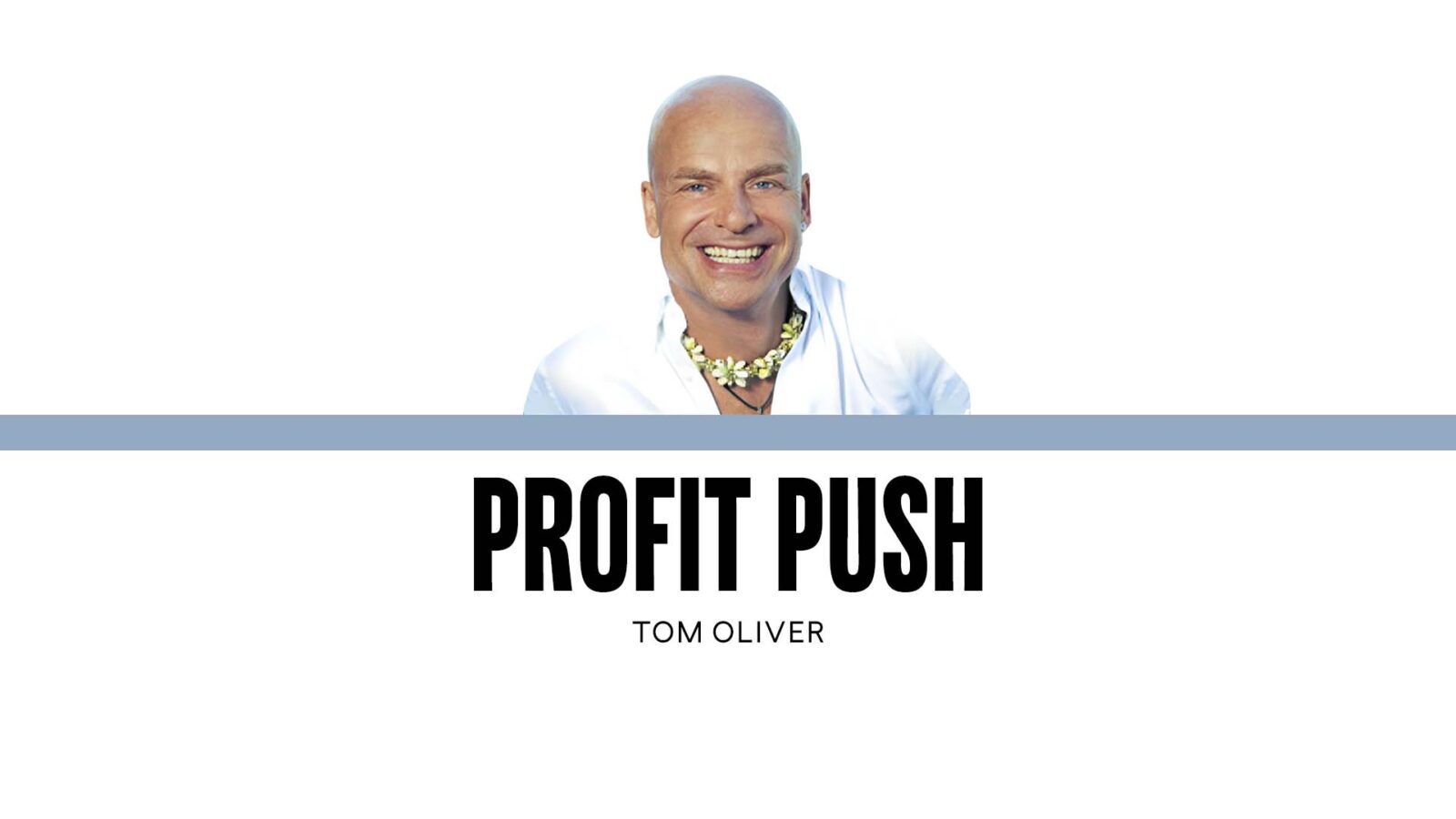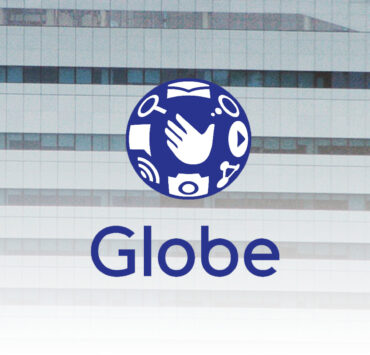Why the right partners matter more than the perfect deal

In my dual role as the global chair of my strategy and management consulting company, the Tom Oliver Group, and as a personal advisor and “mentor of the giants,” as Fortune has called me, advising some of the most famous business leaders, I have seen it again and again: it’s tempting to fall in love with numbers.
Profit projections, growth models, valuation multiples—they can make a deal look irresistible. But numbers never operate a company. People do. A deal that looks flawless on paper can still rot from the inside if the partners are a wrong fit.
When the wrong people poison the right numbers
Recently, one of the members of my Inner Circle Platinum Performance Coaching group—a carefully selected, highly restricted, handpicked group of 25 elite business owners from around the globe—faced exactly this trap. He entered a venture with outstanding financials but soon discovered he was entangled with people who brought more conflict than collaboration. The results were predictable: stress, lost opportunities and reputational risk. Finally, he got out at a loss.
The story is echoed worldwide. For instance, a successful businessman from Monte Carlo approached me for advice after he had discovered that he had entered a toxic partnership with two fellow members of the YPO (Young Presidents’ Organization). On the surface, at the beginning the partners seemed ideal—elite, experienced, respected and from the same peer group. But even the best of trees can produce some rotten apples.
Once inside the deal, incompatibilities surfaced: clashing egos, mismatched values, different definitions of success. The financials remained strong, but the human dynamics corroded everything. And on top of it, the two partners threatened to ruin his impeccable reputation.
In Dubai, I saw another version. A global private equity firm was encouraged by the ruling family to consider a particular deal. On paper, it was dazzling. But after meeting the flamboyant partner championing the project, the firm walked away. His style, his disregard for discipline, and his incompatibility with their ethos made it clear: no amount of political encouragement or financial return could justify the risk of tying themselves to the wrong human element.
The lesson: Good people make good partnerships.

What the icons already knew
Richard Branson once told me that leaders he brings into Virgin must be “a ball of fun.” For Branson, competence alone isn’t enough; he insists on energy, humor and positivity because he knows these qualities lubricate collaboration.
Lee Iacocca, the legendary CEO of Chrysler, used a simple but revealing litmus test. When interviewing potential top executives, he would ask them to tell him a joke. If they couldn’t, or if they froze, he knew they lacked the sense of humor and human warmth necessary to weather the storms of business.
Jochen Zeitz, who built Puma into a global powerhouse, told me at a fireside chat in a German castle that he only wanted to work with people he genuinely enjoyed. For him, business was not just about profit—it was about partnerships that gave energy rather than drained it.
These leaders grasped what many CEOs forget: if you don’t like spending time with your partners, your financial wins won’t matter.
The behavioral psychology
Why is this so powerful? Behavioral psychology provides the answer.
When partners align well, it activates what psychologists call positive affective states. Trust builds quickly. Communication flows smoothly. People become more creative, resilient and willing to go the extra mile. In stressful times—and every business journey has them—these bonds act like shock absorbers.
On the flip side, poor human fit triggers stress responses. Mismatched partners create defensiveness, miscommunication and chronic tension. This “low-trust environment” doesn’t just feel bad—it actively degrades performance and makes crises more likely.
In other words, choosing the wrong partners isn’t just unpleasant; it’s strategically dangerous.
Warning signs ignored
If this truth is so obvious, why do even seasoned leaders fall into the trap?
First, the seduction of numbers. When the financial model looks irresistible, leaders downplay the gut feeling that “something’s off.” Second, ego plays a role. Partnering with big names or prestigious families can feel like a shortcut to status—even when values don’t align. Third, pressure. Governments, family elders or influential stakeholders may nudge deals forward, making it difficult to say no.
Practical safeguards
So how do you protect yourself from “poison partners?” Over the years I’ve seen several safeguards that work.
1. The stress test
Don’t just meet potential partners in polished boardrooms. See how they handle adversity, conflict or even something as simple as travel delays. How someone behaves under stress tells you far more than their polished pitch.
2. The humor test
Take a page from Iacocca and Branson. If a partner can’t laugh, show humility or bring joy into the room, beware. Business is hard enough without joyless partners.
3. The alignment audit
Beyond financial goals, ask hard questions about values, leadership style and long- term vision. Are they looking to flip the business in three years while you’re thinking generationally? Misalignment here is a ticking time bomb.
4. Reference beyond the obvious
Everyone can produce glowing references. Dig deeper. Talk to people who have seen them in failure, not just success.
5. Small bets before big bets
Whenever possible, start with a smaller collaboration before locking yourself into a multiyear or multibillion-dollar deal. The best predictor of future fit is real experience together.
Every CEO and owner-operator knows the visible costs of failed deals: wasted capital, legal fees, lost time. But the hidden costs are even more corrosive. Stress bleeds into your health. Conflict poisons family dynamics in family businesses. Worst of all, your reputation—often your most valuable asset—suffers when word spreads that you’ve chosen poorly.
Three to thrive
To ensure your next deal is profit, not poison, remember these three principles:
1. People over paper
No matter how good the deal looks in spreadsheets, ask yourself: “Do I genuinely want to work with these people for the next decade?” If the answer is no, walk away.
2. Chemistry as a KPI
Treat human chemistry as a key performance indicator. If the relationship drains energy instead of adding it, that’s a red flag as serious as a bad balance sheet.
3. Trust your gut—then verify
Intuition is powerful. If your gut warns you, don’t ignore it. Investigate, probe and confirm before committing.
Tom Oliver, a “global management guru” (Bloomberg), is the chair of The Tom Oliver Group, the trusted advisor and counselor to many of the world’s most influential family businesses, medium-sized enterprises, market leaders and global conglomerates. For more information and inquiries: www.TomOliverGroup.com or email Tom.Oliver@inquirer.com.ph.





















